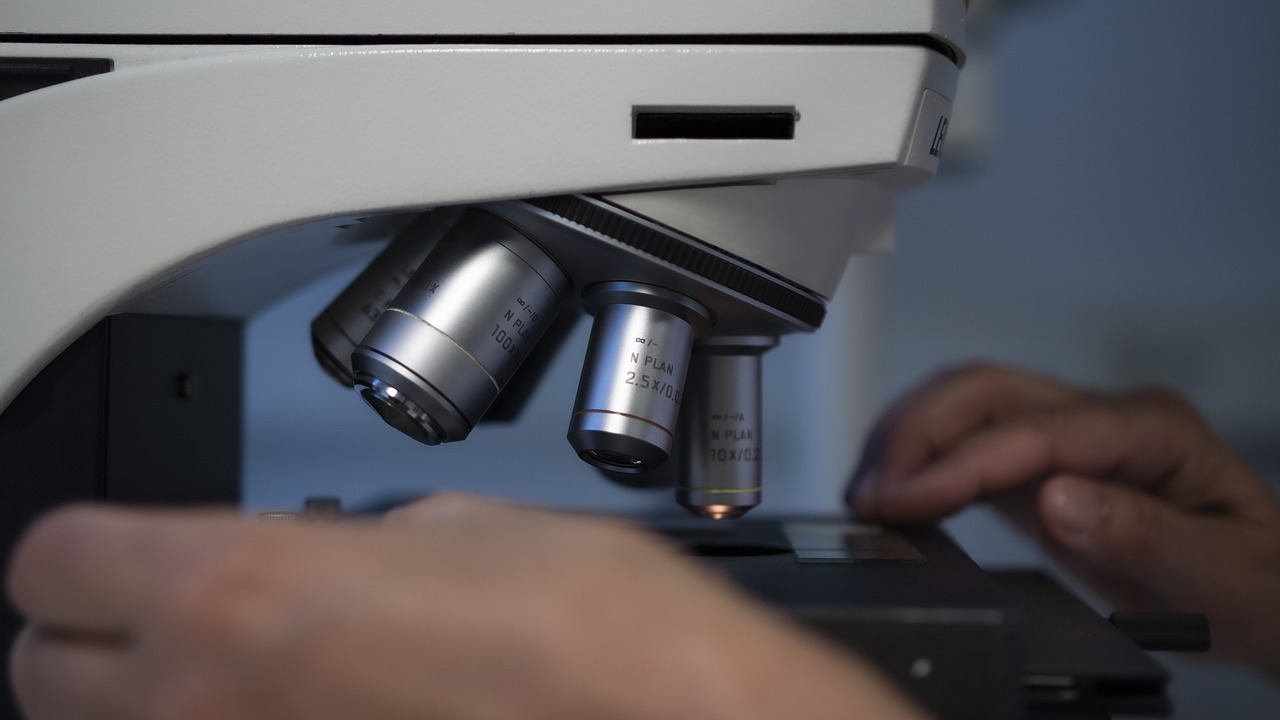Introduction
Think about this: decades ago, diagnosing cancer felt like a death sentence. Today, biotechnology has given us tools like immunotherapy and gene editing, transforming the way we treat diseases. Biotechnology isn’t just science—it’s the hero we didn’t know we needed.
What Is Biotechnology?
Biotechnology uses biological processes, organisms, or systems to develop products that improve human health. From creating vaccines to engineering tissues, biotech is driving innovation in medicine.
Key Contributions of Biotechnology
- Targeted Cancer Therapies:
- Traditional chemotherapy often harms healthy cells.
- Biotech solutions like monoclonal antibodies and CAR-T therapy focus exclusively on cancer cells, reducing side effects and improving survival rates.
- Gene Editing:
- Tools like CRISPR allow scientists to “edit” faulty genes, offering potential cures for genetic disorders like cystic fibrosis and sickle cell anemia.
- Vaccines and Antivirals:
- COVID-19 mRNA vaccines by Pfizer and Moderna are biotech marvels, developed in record time and saving millions of lives.
- Regenerative Medicine:
- Biotech is creating lab-grown organs and tissues to replace damaged ones, reducing the need for transplants.
How Biotech Is Revolutionizing Drug Development
- Faster Discovery:
- AI-powered platforms analyze vast data sets to identify promising drug candidates.
- Personalized Medicine:
- Genetic profiling allows for customized treatments based on individual DNA.
- Reduced Costs:
- Biotech processes, like biomanufacturing, streamline production, lowering drug prices.
Challenges in Biotechnology
- Ethical Concerns:
- Gene editing raises questions about designer babies and unintended consequences.
- Access and Affordability:
- Advanced biotech treatments often come with hefty price tags, limiting accessibility.
- Regulatory Hurdles:
- Strict approval processes slow down the introduction of life-saving treatments.
Biotech Innovations on the Horizon
- mRNA Beyond Vaccines:
- Researchers are exploring mRNA technology for cancer vaccines and gene therapies.
- Microbiome Therapies:
- Treatments targeting gut bacteria show promise for conditions like obesity and autoimmune diseases.
- Biohacking:
- Advancements in wearable devices and implantable tech could enable individuals to monitor and optimize their health in real time.
Why Biotechnology Matters
- Global Health Impact:
- Biotech solutions are crucial in tackling diseases in underserved regions.
- Pandemic Preparedness:
- Rapid vaccine development showcases biotech’s potential in global crises.
- Longer Life Expectancy:
- From treating chronic illnesses to preventing genetic diseases, biotech extends and enhances life.
Conclusion
Biotechnology is not just shaping the future—it’s saving lives today. By addressing ethical, financial, and regulatory challenges, we can ensure its benefits reach everyone. So, the next time you hear about a medical breakthrough, remember to thank the unsung hero: biotechnology.




Leave a Reply